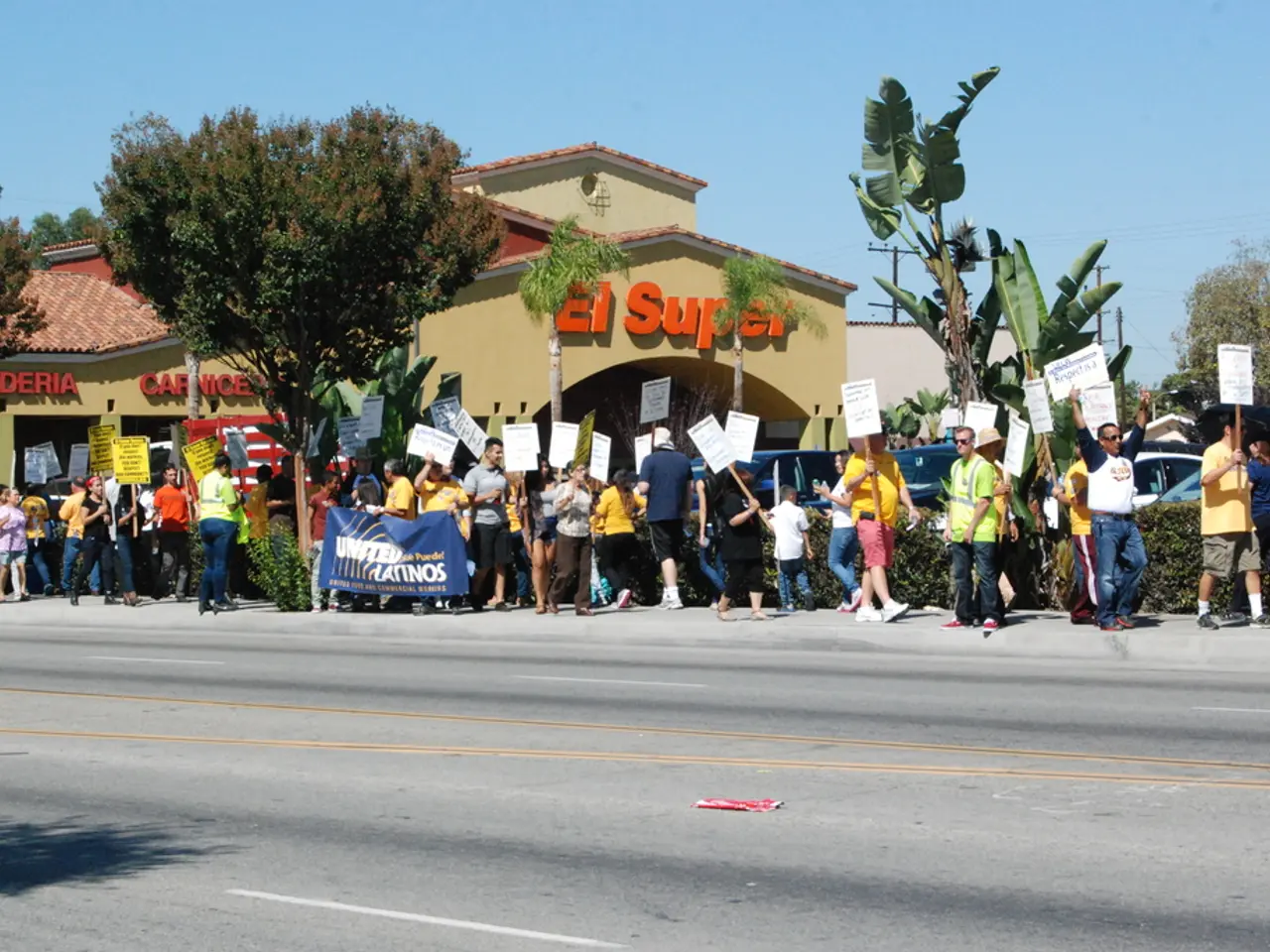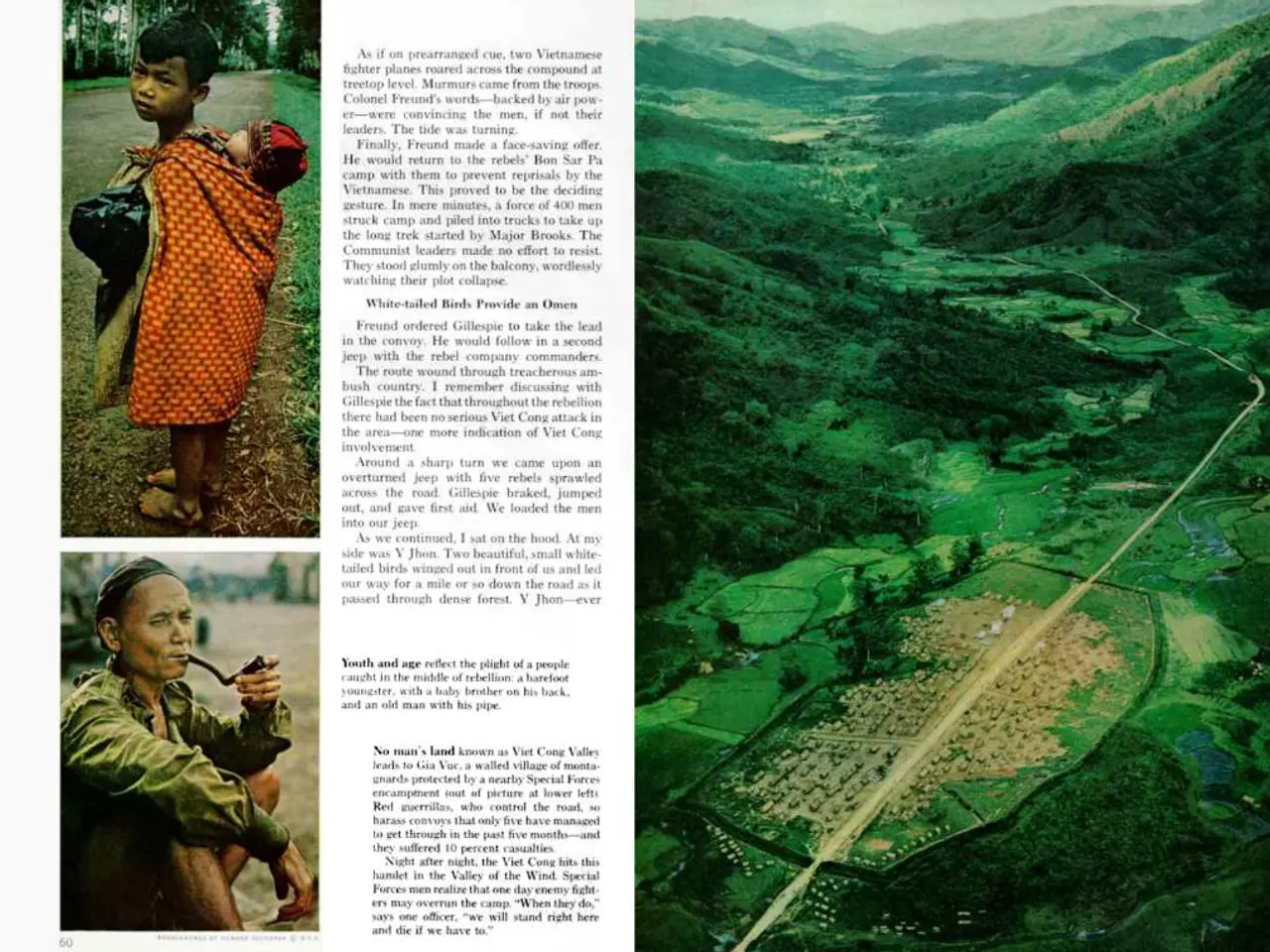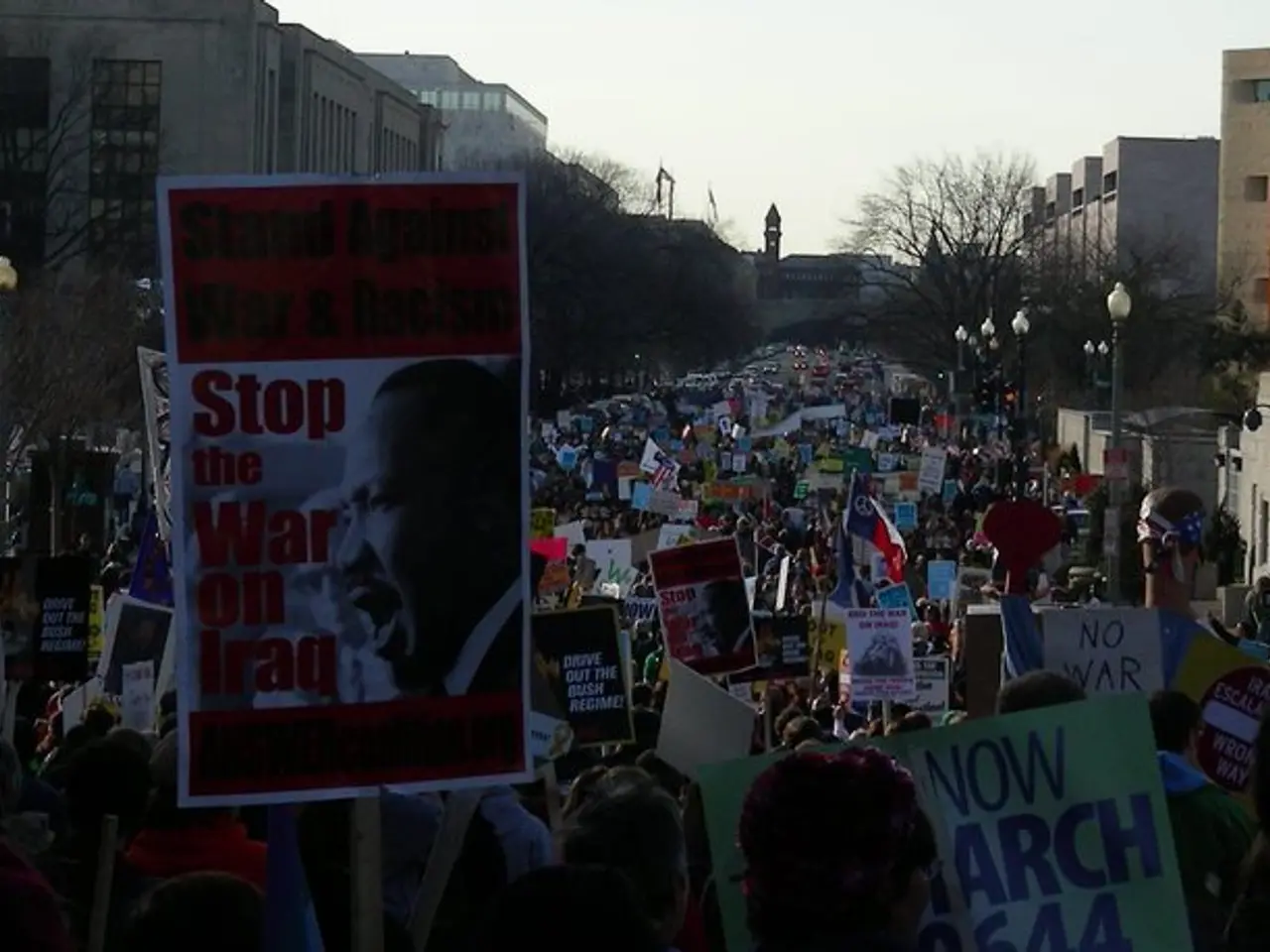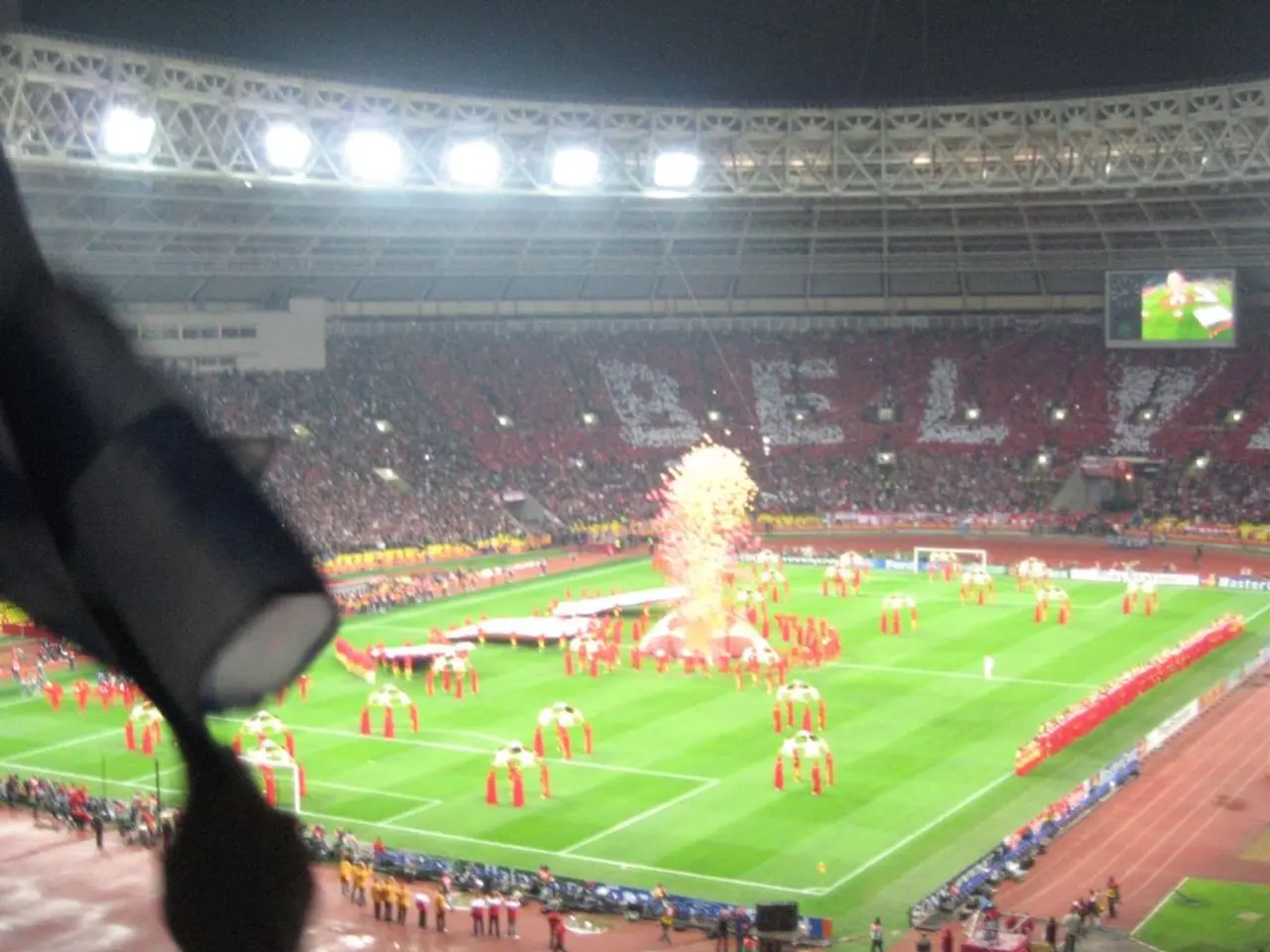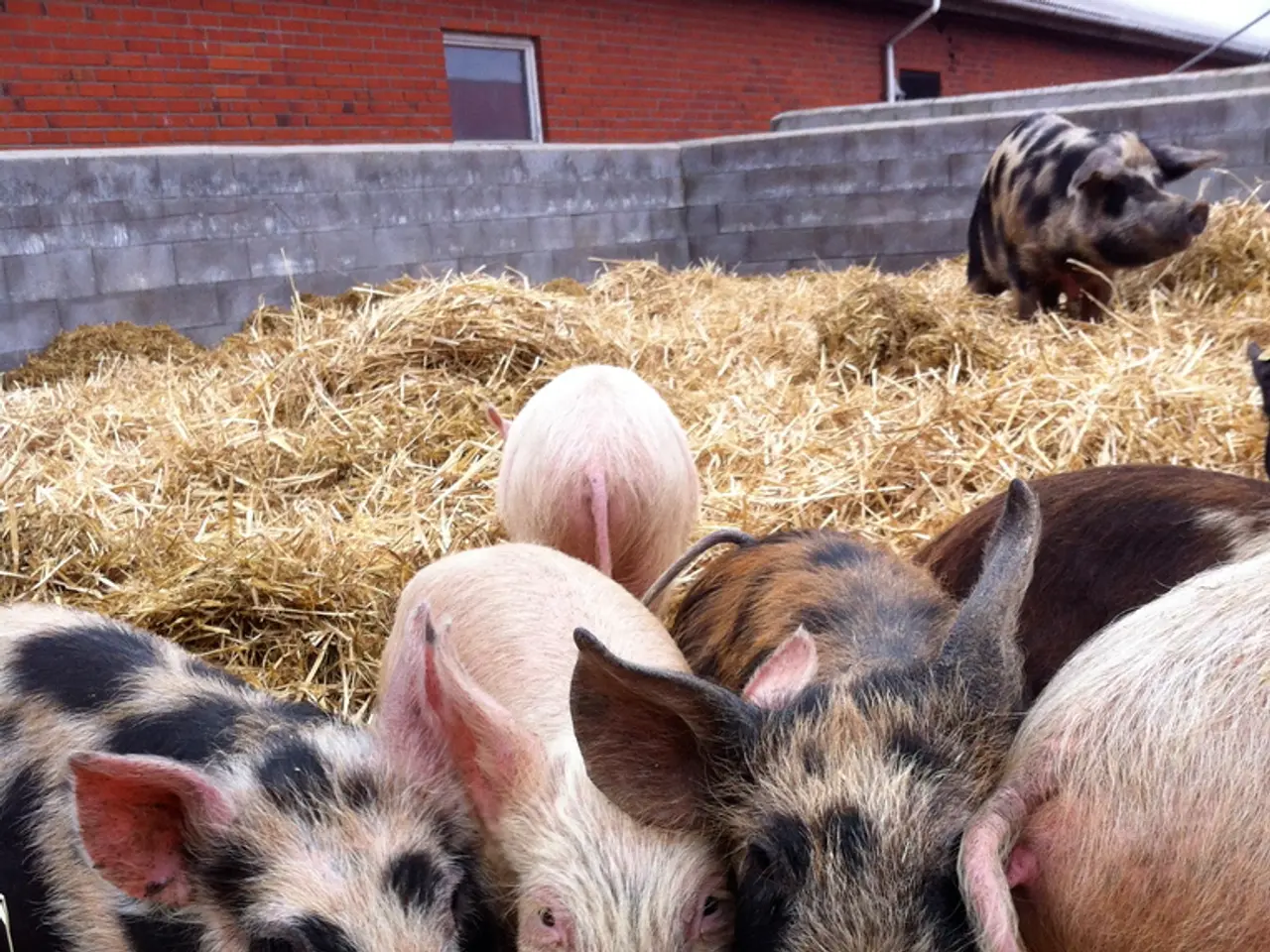Tomorrow's United Nations gathering on the topic of Landlocked Developing Countries will see President Tokayev's attendance.
Third UN Conference on Landlocked Developing Countries Held in Turkmenistan
The Third UN Conference on Landlocked Developing Countries (LLDCs) took place in Awaza, Turkmenistan from August 5 to 8, 2025. The conference aimed to unlock the full potential of these countries and address the challenges they face, with a focus on forging partnerships and generating solutions.
The conference, convened under the theme "Driving Progress through Partnerships," was a platform for addressing the needs of LLDCs. It was organized by Akorda and attended by heads of states and governments, including Kazakhstan’s President Kassym-Jomart Tokayev.
The conference's key focus was on removing economic isolation caused by landlocked geography through infrastructure, trade facilitation, and resilience building. The conference addressed challenges such as geographic and infrastructural barriers to trade, and emphasized the need for structural transformation, science, technology, and innovation.
The conference's expected outcomes included the adoption of the Awaza Programme of Action for Landlocked Developing Countries for the Decade 2024-2034. This comprehensive, action-oriented framework aims to overcome geographic and infrastructural barriers to trade, enhance industrialization, economic diversification, and integrate LLDCs into regional and global economies.
The Awaza Programme of Action outlines five priority areas for action:
- Structural transformation and the promotion of science, technology, and innovation.
- Trade, trade facilitation, and regional integration.
- Improving transit, transport, and connectivity infrastructure.
- Enhancing adaptive capacity, resilience, and reducing vulnerability to climate change and disasters.
- Means of implementation, including international partnerships and resource mobilization.
President Tokayev's participation in the conference underscored regional cooperation and political commitment to these goals. The conference aimed for a more equitable and prosperous future for LLDCs, and it was expected to generate partnerships and solutions that promote sustainable infrastructure, trade facilitation, regional integration, and social programs such as healthcare and education.
In conclusion, the Third UN Conference on Landlocked Developing Countries held in Turkmenistan was a significant event in the global effort to support the development of LLDCs. The adoption of the Awaza Programme of Action is expected to guide development efforts for the next decade and help unlock the full potential of these countries.
- The Third UN Conference on Landlocked Developing Countries, held in Turkmenistan, was a platform for discussing policy-and-legislation relating to the removal of economic isolation caused by landlocked geography.
- The conference's expected outcomes, including the adoption of the Awaza Programme of Action, highlight the importance of politics in fostering partnerships and generating solutions for the advancement of general-news matters such as infrastructure, trade facilitation, and regional integration.


